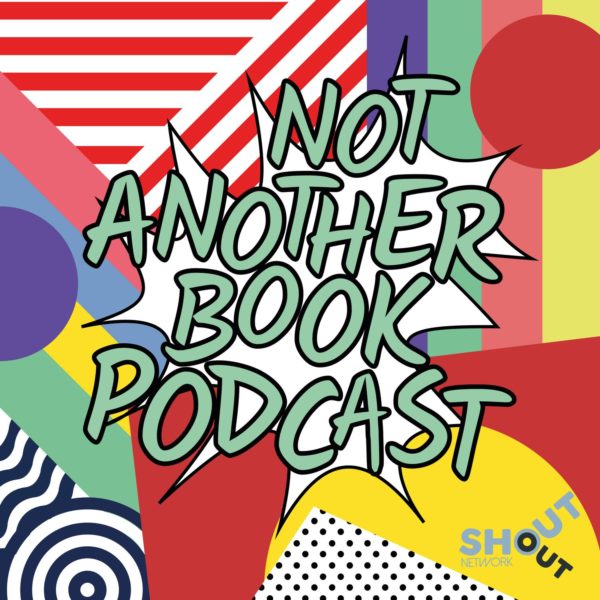
If you’re not listening to Not Another Book Podcast, you are missing out on the chance to stay informed on all the cool stuff happening on the African literary scene. Backed by UK-based production company Shoutout Network, Not Another Book Podcast is a 3-woman show offering a “brutally honest, nuanced, and witty” take on African writing and literary culture.
The podcast features a trio of established literary voices. They all go by their social media handles. Culture critic, Bookstagram reviewer, and photographer Sarah Ozo-Irabor is BooksAndRhymes. Book Blogger Zahrah Nesbitt-ahmed is BookShyBooks. Writer, editor, and translator from Guinea Bissau Yovanka Paquete Perdigao is PostColonialChild.
Their lively chat has everything we like in a good podcast. It is funny, snarky, and sharp but also well-researched, insightful, and relatable. All three hosts are well-versed in global literary trends, so they are able to cut through all the social media noise to give listeners the real stuff. Generally, conversations about African literature tend to be serious in tone. Everyone wants to perform scholarliness and act all important and deep. The Not Another Book podcast breaks from this mode. The playfulness that these women bring to their discussion of African literature is infinitely refreshing.
Listening in is a great way to keep up with new African writing. In episode one alone, they referenced 24 books, including Children of Blood and Bone, The Twilight Saga, Stay With Me, Of Mice and Men, Speak Gigantular, White Tears and Pachinko. But Not Another Book Podcast takes us beyond books into all the fun and drama taking place in the community. Tune in for the book recs, but also for the commentaries on hot-button issues.
There are 12 episodes in season 1. The latest is episode 4, which addresses the tensions between independent and and big publishing houses. You can listen to it here. You can also listen on Spotify, Itunes, and a host of other platforms. Listen to all 4 episodes here.
Congrats ladies! Kudos to giving us more reasons to love African literature.








What are the latest essay topics to the CAPF 2017 exam? | institute for developing Science and Health initiatives, ideshi September 25, 2018 06:58
[…] provides you having Uneleap – Education on the GO! – Apps on Google Play Not Another Book Podcast Is the Hippest Thing in African Literature Right Now a notion in regards to the thinking process of the individual. Meet with the patient often, it is a […]